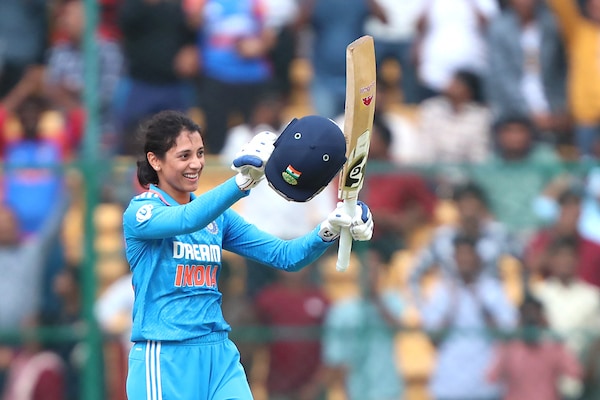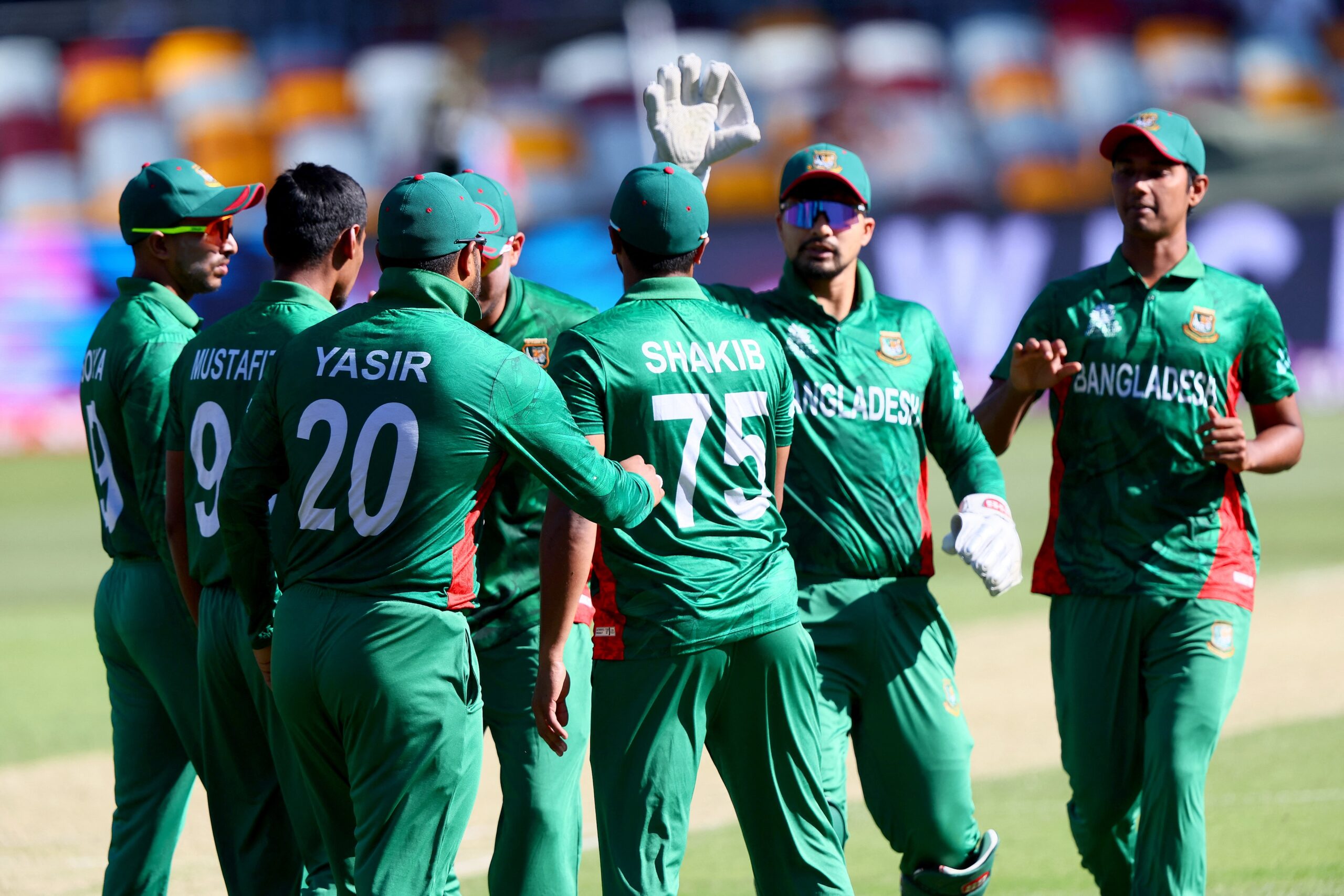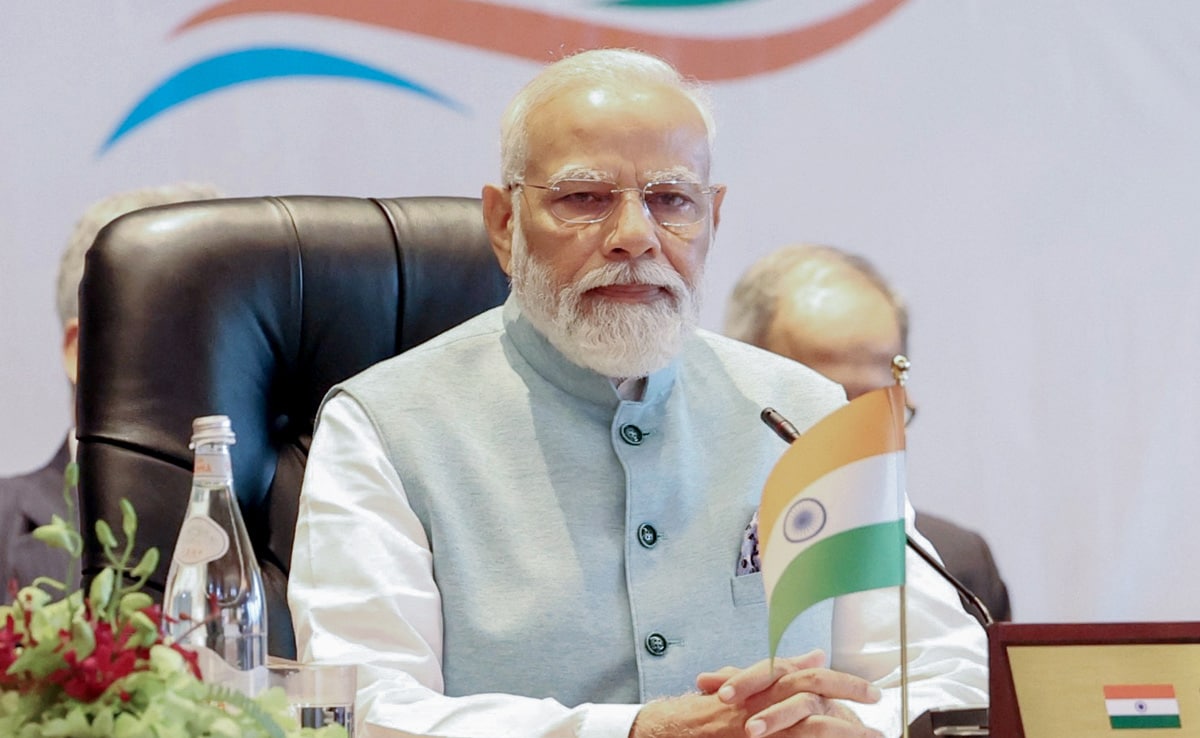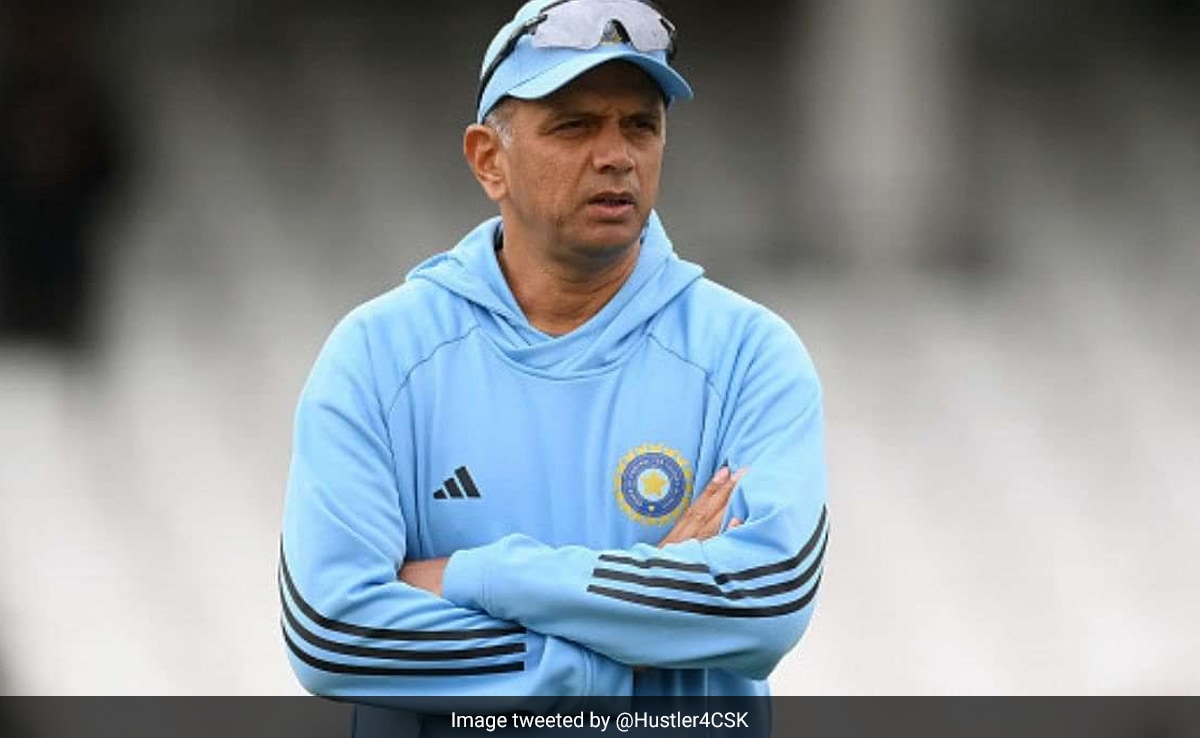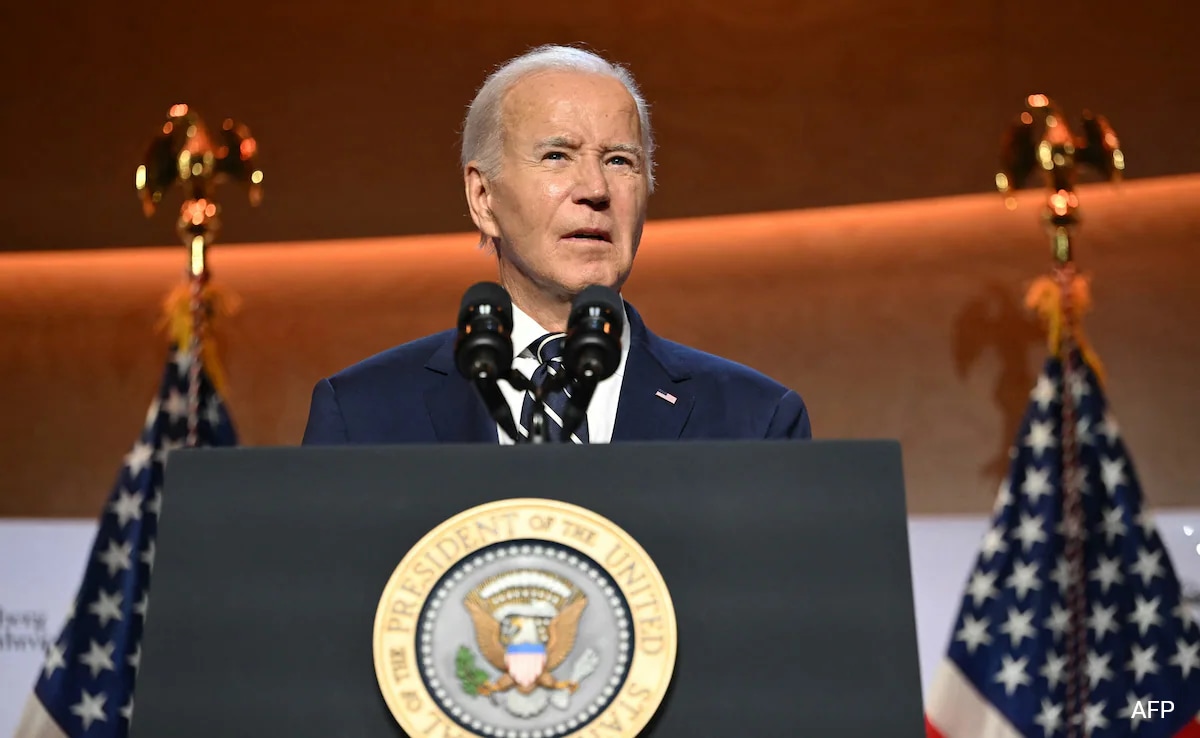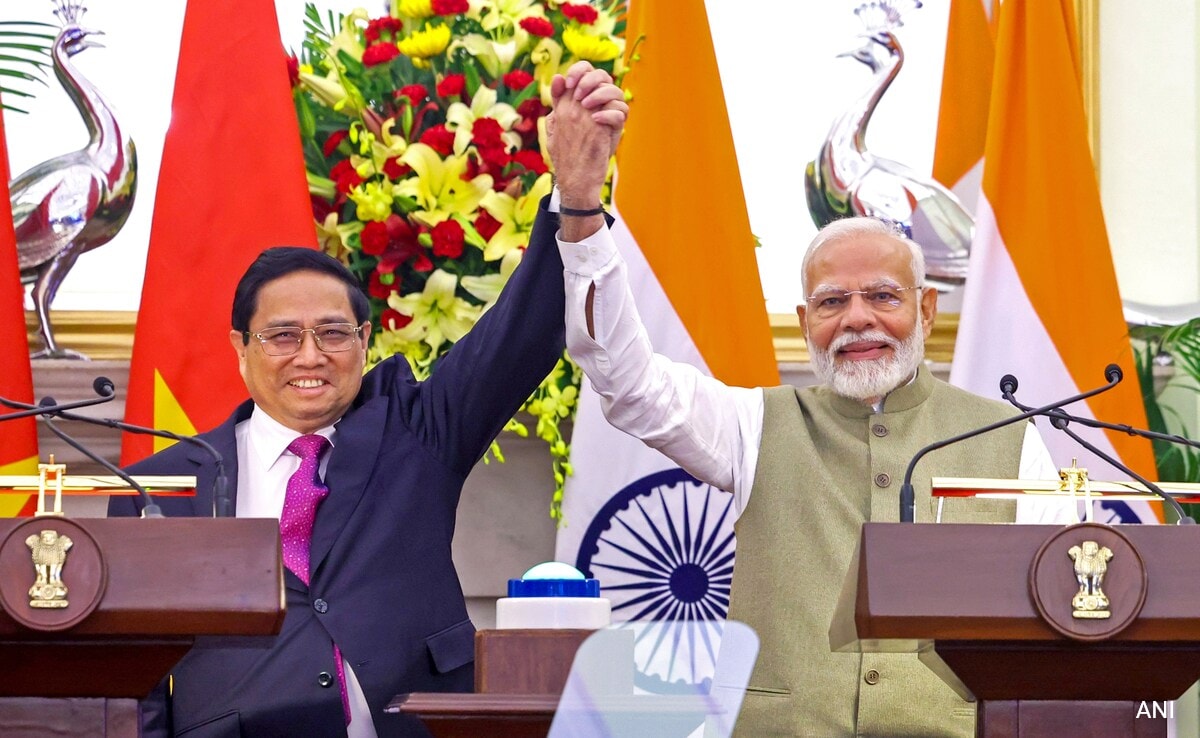South Africa’s Minister of International Relations and Cooperation Ronald Ozzy Lamola and Brazil’s President Luiz Inacio Lula da Silva attend the closing ceremony of the G20 Social summit, in Rio de Janeiro, Brazil,.
| Photo Credit: Reuters
South Africa will use the G20 Presidency that it assumed at the beginning of this month to further push the shared goals of member countries, Minister of International Relations and Cooperation Ronald Lamola has said.
Mr. Lamola delivered the opening remarks at the first G20 Sherpas meeting on Monday(December 9, 2024) where he said that South Africa’s presidency will be held under the theme of Solidarity, Equality, and Sustainability, which seeks to harness global will and capabilities to confront the enormous challenges the world is facing.
“South Africa will use its G20 Presidency to secure urgent progress on shared goals through several priority actions. These include strengthening disaster resilience and response; ensuring debt sustainability for low-income countries; mobilising finance for a just energy transition; and harnessing critical minerals for inclusive growth and development,” Mr. Lamola said.
“In the spirit of Ubuntu, our shared humanity, we will address these challenges through our high-level deliverables and priorities, which lie at the core of the original G20 mandate of promoting strong, sustainable, balanced and inclusive growth and by building partnerships across all sectors of society to find collective solutions,” he added.
The Minister said three temporary task forces, an initiative, and a commission will be established during South Africa’s G20 Presidency. These would include the priorities of inclusive economic growth, industrialisation, employment, and reduced inequality; food security; and Artificial Intelligence (AI), data governance and innovation for sustainable development.
“A review of the work of the G20, ‘The G20 at 20 years: A Reflection on Key Achievements and the Way Forward’, will also feature as one of South Africa’s deliverables through a Sherpa Track Initiative. South Africa also proposes the establishment of a Cost of Capital Commission during its G20 Presidency,” Mr. Lamola said.
The Minister said that the South African Government would continue the significant strides made by the Brazilian G20 Presidency in enhancing the G20 as a site of democratic global engagement through a comprehensive dialogue with civil society and other state and non-state institutions.
He said that in the same way that Brazil had done, a G20 Social Forum will be convened ahead of the Leaders’ Summit in November 2025, to bring together representatives of the existing engagement groups and other segments of civil society that may offer meaningful contributions to the G20.
“As we build on the past and set the tone for the future, we must accentuate the need to adhere to universal values, shared norms, and strong multilateral institutions. Now more than ever, multilateral institutions must be strengthened and reformed to deliver broad global consensus and serve as platforms to resolve disputes.
“The multilateral institutions with economic and developmental mandates must be strengthened, as the need for their intervention is even much bigger now,” Mr. Lamola said as he reaffirmed that the United Nations (UN) has to remain at the core of this multilateral approach.
“We must remain committed to multilateralism and upholding International Law and ensure that the UN remains the centrepiece of this multilateralism,” he said.
“While international cooperation and multilateralism are currently confronted with divisive geopolitics, unprecedented challenges such as climate change, slow economic growth, and deepening poverty, the G20 must make strides in forging practical, mutually beneficial cooperation that champions an international order that is fairer, just, inclusive, and representative,” Mr. Lamola said as he called for the G20 to use its platform to shine the spotlight on agenda 2063 of the African Union.
The G20 comprises 19 member countries — including major economies like the United States, China, India, and South Africa — and two regional bodies, the European Union and the African Union.
Collectively, these members account for approximately 85% of global (Gross Domestic Product) GDP and 75% of international trade, making the group a critical player in global economic policymaking.
South Africa’s Presidency is expected to lead over 130 meetings across various sectors, culminating in the G20 Summit in 2025.
Published – December 11, 2024 04:57 pm IST

